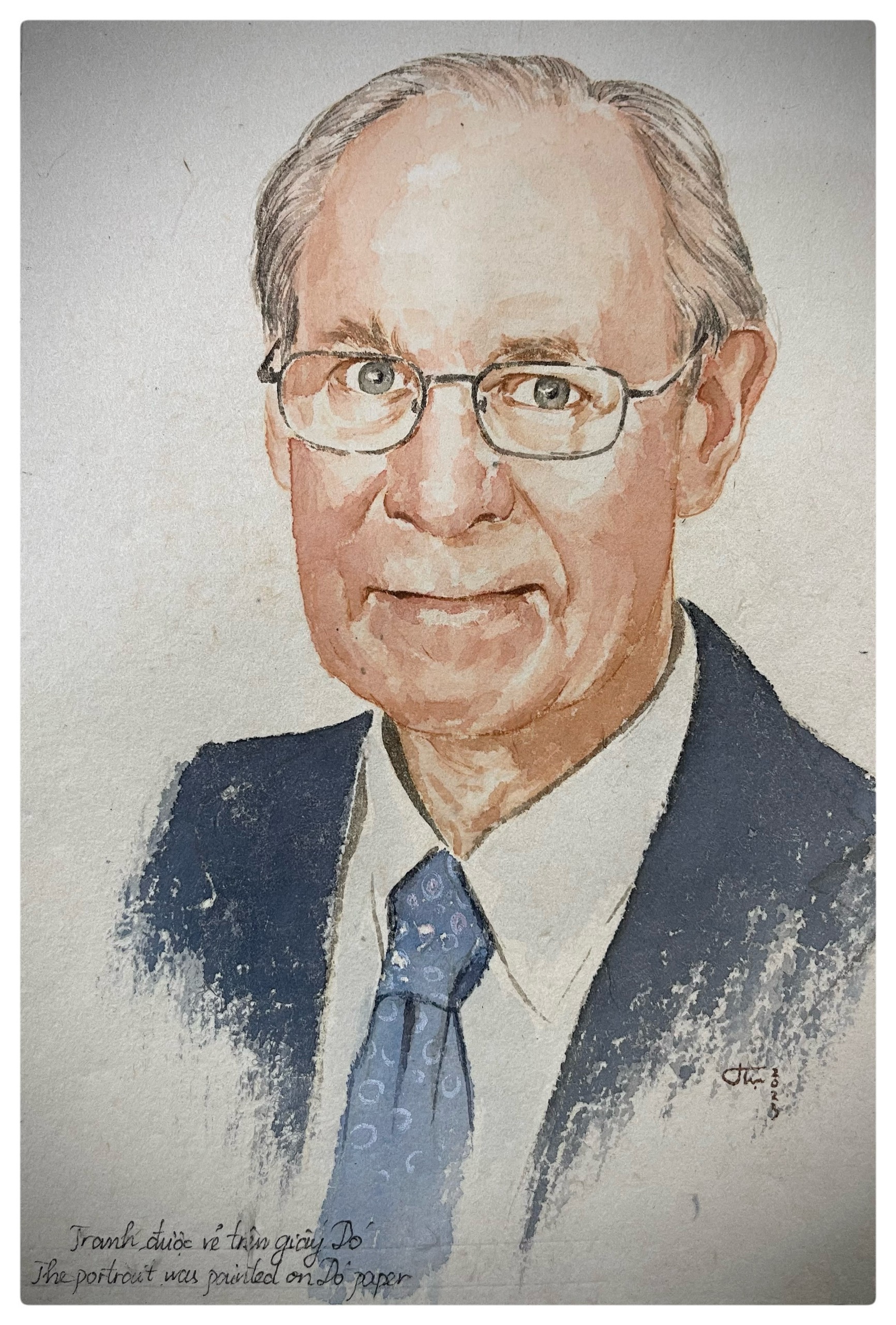AFFILIATION
Harvard University, USA
SUMMARY OF WINNING ENTRY
Discovering the role of glucagon-like peptide-1 (GLP-1), paving the way to widely used treatments for diabetes and obesity and stimulating emerging applications for neurodegenerative diseases
Professor Joel Francis Habener is a pioneering scientist in the field of endocrinology, diabetes, and obesity. His research team was the first to discover two small molecules structurally similar to glucagon in the preproglucagon molecule in anglerfish in 1981, laying the foundation for later discoveries on the sequence and structure of glucagon-like peptide 1 (GLP-1). Five years after this discovery and new findings by Graeme Bell and Linda Lopez on the genetics and amino acid sequences of GLP-1 and GLP-2 in mammals, Professor Habener’s team, with key contributions from Professor Daniel Joshua Drucker and Svetlana Mojsov, discovered a functional isoform of GLP-1 with a molecular structure six amino acids shorter, designated as GLP-1 (7-37). The discovery of the GLP-1 (7-37) isoform led to the identification of its role in regulating insulin and glucose in humans, ushering in an era of diabetes and obesity treatment methods based on GLP-1. In addition to leading research on GLP-1, Professor Habener also played a central role in clinical trials and the commercialization process of drugs based on GLP-1, opening new opportunities for hundreds of millions of diabetes and obesity patients worldwide.
SCALE OF IMPACT
These significant advancements related to the GLP-1 endocrine process have laid the foundation for powerful therapies for Type 2 diabetes, obesity and short bowel syndrome, impacting over 100 million people with type 2 diabetes, more than 1 billion individuals with obesity, and over 3 million with short bowel syndrome. In 2023, there were more than 20 million doses of GLP medication used globally. Additionally, the exploration of the physiological mechanism of GLPs has propelled the research and development of new treatments for cardiovascular diseases and many neurodegenerative conditions, including Alzheimer’s, Parkinson’s, and Huntington’s diseases, all of which being among the leading causes of death globally. In the case of Alzheimer’s disease, one of the most common neurodegenerative conditions, GLP-1 medication could slow the progression of Alzheimer’s disease, offering new hope for over 55 million patients worldwide.
MEANINGFUL CHANGE
The seminal work of Professor Daniel Johsua Drucker, Joel Francis Habener, Jens Juul Holst, and Svetlana Mojsov has brought breakthrough impacts to the fields of endocrinology, metabolism, and gastroenterology. The translation of their discoveries on GLP-1 and DDP-4 biology into clinical medical solutions has transformed treatment methods for various diseases, thereby contributing to building a healthier world. Their work is a testament to the transformative power of innovative scientific discovery and the potential of these discoveries in shaping treatment methods and healthcare solutions.








